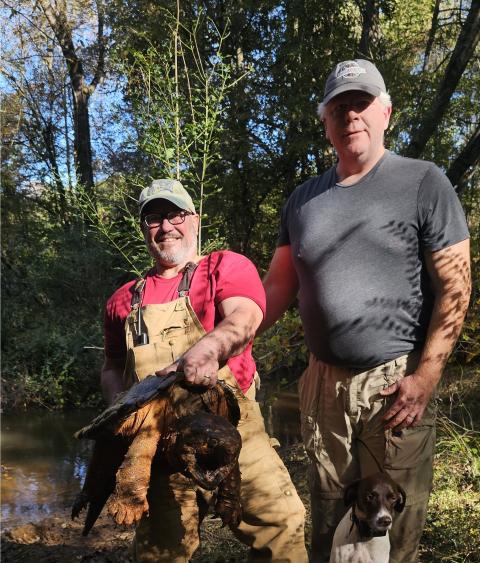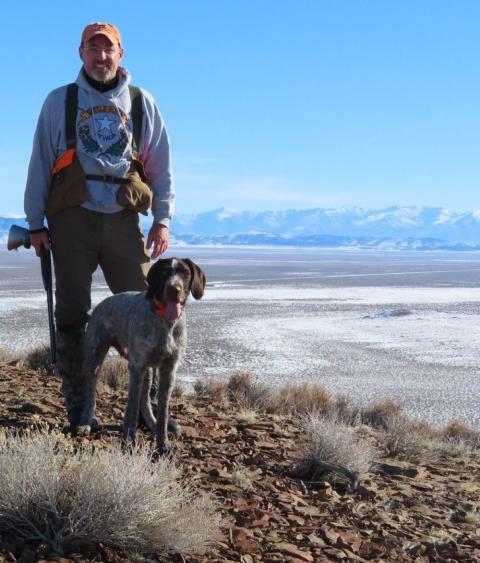Conservation Brief
"Do Not Eat" Advisory Issued for Deer Taken Within Five Miles of Clark's Marsh, Michigan
In late October, the Michigan Departments of Health and Human Services (MDHHS) and Natural Resources (DNR) issued a ‘Do Not Eat’ advisory for deer taken within approximately five miles of Clark’s Marsh in Oscoda Township. The advisory is due to high levels of PFOS (perfluorooctane sulfonic acid) found in a single deer taken about two miles from Clark’s Marsh, which borders the former Wurtsmith Air Force Base.
PFOS is one type of PFAS (per- and polyfluoroalkyl substances) chemical. PFAS are a group of man-made chemicals that are used in many commercial and consumer products. Consumer products known to contain PFAS include waterproof clothing, cleaning products, stain-resistant carpet, and personal care products. PFAS can also be found in fire-fighting foams, chrome plating, and semiconductor coatings. PFAS have been classified by the U.S. Environmental Protection Agency (EPA) as an emerging contaminant on the national landscape. PFAS have been found at low levels both in the environment and in blood samples of the general U.S. population.
These chemicals are persistent, which means they do not break down in the environment. They also bioaccumulate, meaning the amount builds up over time in the blood and organs. Studies in animals who were exposed to PFAS found links between the chemicals and increased cholesterol, changes in the body’s hormones and immune system, decreased fertility, and increased risk of certain cancers. Studies in which animals were given high levels of PFAS showed effects including low birth weight, delayed puberty onset, elevated cholesterol levels, and reduced immunologic responses to vaccination.
The MDNR tested 60 additional deer in this area in 2018 and 48 samples from deer around the state were tested in 2017. Preliminary results from these tests show either no or low-level PFAS contamination. However, MDNR and MDHHS are continuing the investigation into the deer with high levels of contamination and doing additional research to learn more about PFAS in deer and wildlife due to questions from hunters concerned about harvesting deer in contaminated areas.



